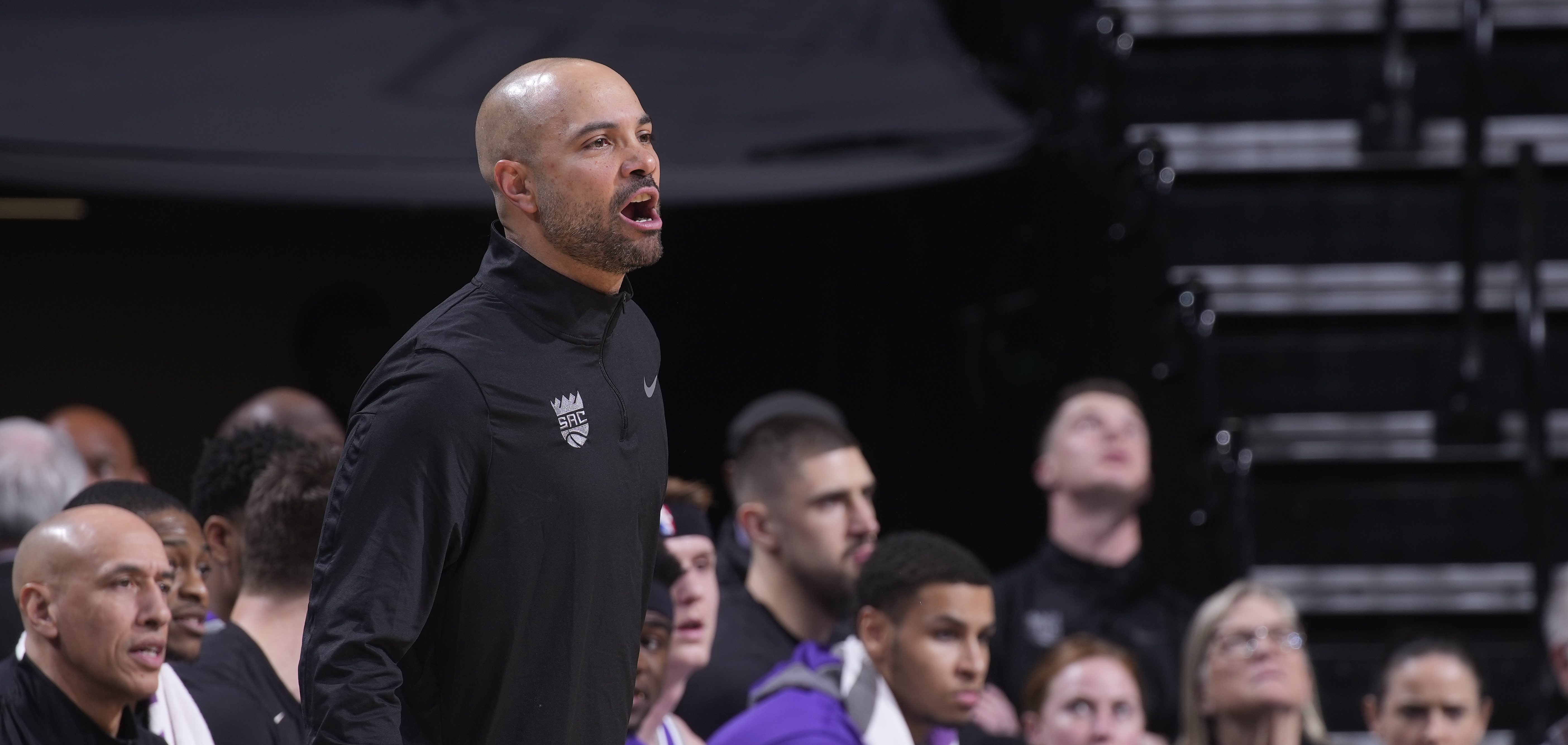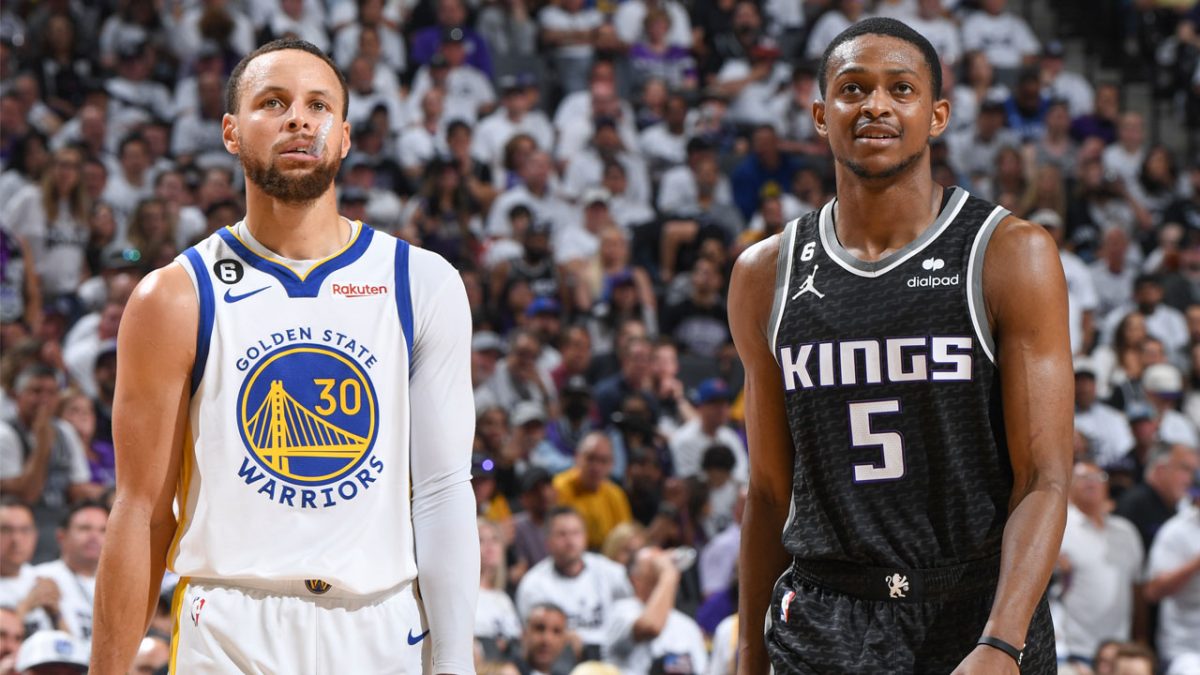Kevin Durant’s decision to join the Golden State Warriors has stoked many different reactions from NBA players, coaches, agents, fans, and media members. However, there seems to be one area where everyone can agree – the Warriors are the heavy favorites to win the 2017 NBA Finals. The Warriors will likely be the clear favorites to win the NBA championship every year for the foreseeable future.
The Warriors added the 2013-14 NBA MVP, who is in the prime of his career, to a team that won an NBA-record 73 games and was one game away from winning the 2016 NBA Finals. It seems easy to make the case that Durant going to the Warriors will be bad for the NBA because there will be little competitive balance. More specifically, the Warriors will be so dominant that no other team will have a realistic shot at winning the title. In theory, that should not be a good thing for the NBA.
Competitive balance is often described as the core element that makes sports successful. Why would NBA fans, media, and sponsors want to be a part of the league when the champion is “known” before the season starts? Fans are not going to watch or attend games when the outcome is not in doubt. The media will not cover games as closely for the same reason. If fans and media are not engaged with the NBA then sponsors are less likely to want spend their advertising dollars with the league. As The Ringer’s Micah Peters writes, “It was fun, you guys, but I think it’s time we start a new league and not tell Golden State about it.” Without competitive balance the NBA cannot be successful.
The only problem with this argument is that it is not true (usually a big problem for arguments). The NBA has not had competitive balance in a long time, and the league has been at its strongest when it has dominant teams. Seven NBA teams won 33 of the 35 NBA crowns between 1980 and 2014. The most memorable parts of NBA’s history during this time period are filled with dominant teams and players. From Magic Johnson and Larry Bird with the Los Angeles Lakers and Boston Celtics, respectively, to Michael Jordan with the Chicago Bulls to Kobe Bryant with the Lakers to Tim Duncan with the San Antonio Spurs, the NBA has been filled with dominant teams throughout its history. The converse of few teams winning so many titles is that most teams rarely compete for a title.
This year is no exception. The NBA Finals was a rematch of last year’s showdown between the Warriors and Cleveland Cavaliers and LeBron James appeared in his sixth straight Finals. The dominant storyline this NBA season was how quickly the Warriors became the overwhelming favorite to win the title after starting the season with 24-game winning streak. The Thunder nearly defeated the Warriors in the playoffs during a seven game Western Conference Finals, but the Thunder were one of only maybe 2-3 teams in the Western Conference that had any real chance of beating the Warriors (the Spurs and Los Angeles Clippers being the others, in my opinion). Few teams in either the Eastern or Western Conferences had a realistic shot at winning the championship. And yet NBA attendance hit record a high for the 2015-16 season and television ratings increased from the 2014-15 season. The Finals were the highest-rated since 1998.
Dominance as a driver of audience interest can also be seen in other sports. Leagues throughout the world have arguably never been more popular or more successful at a time when fewer teams than ever before appear to be competitive for a championship. Durant’s decision to join the Warriors could produce the most dominant team in any major professional sports league throughout the world. And that is likely the best possible outcome for the NBA.
Adam Grossman is the president of the sports sponsorship and analytics firm Block Six Analytics. He is also the co-author of "The Sports Strategist: Developing Leaders for a High-Performance Industry." In addition, he is currently an adjunct lecturer at Northwestern University, where he teaches classes on entrepreneurship and quantitative analysis. Grossman also contributes to Forbes. Follow Adam Grossman on Twitter @adamrgrossman.


